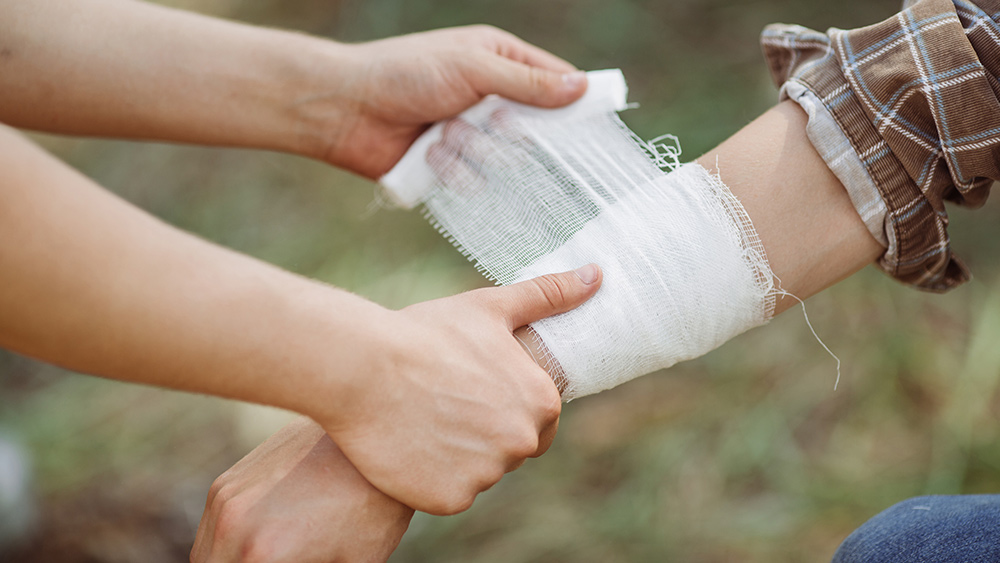
1. Cooking
Given how convenient processed foods are, many people these days live off of fast food and reheated foods. But such foods aren't healthy for your body. They can make you gain weight and may eventually put you at risk of developing health problems. If you want to attain optimal health and weight, you should learn how to cook.
Some people tend to think cooking is a complicated skill they will never be able to master. However, you don't have to be extremely good at it to keep yourself well-fed. If you know the basics, such as stir-frying, gutting fish, making sauces and chopping vegetables, then you can easily follow recipes or whip up easy dishes.
2. Food preservation
Food preservation methods, such as pickling, drying and canning, allow you to make fresh foods last longer. Knowing how to preserve foods is especially important if you grow your own food.
Below are the most common methods of food preservation:
- Freezing – Low to freezing temperatures can slow the growth of bacteria and yeast in foods, slowing the spoilage process. However, this isn't the best food preservation method for SHTF scenarios because it relies on the use of a refrigerator. If the power goes out, frozen foods will be the first to spoil.
- Canning – Canning preserves food by removing the oxygen needed by most microorganisms to grow. The food itself is sometimes salted or submerged in an acid like vinegar before canning to stop the growth and spread of foodborne pathogens that can flourish even in the absence of oxygen.
- Dehydrating – Most microorganisms require moisture to grow, so removing moisture from food through a process called dehydration is a very effective method of preservation. Foods can be dehydrated using an oven or an electric dehydrator.
- Fermenting – Fermenting is an ancient method of food preservation that remains very popular, mostly because of how food takes on a unique flavor through fermentation. Fermentation itself is a form of spoilage, but it is tightly controlled to provide safeguards against foodborne pathogens.
- Salting – Salt has been used as a preservative since ancient times. It works to preserve food by drying it, as well as by killing harmful microorganisms. The only downside to salting is you need to use a very large amount of salt to preserve food, which can make it unpalatable.
3. Sewing
Knowing how to sew allows you to easily mend your clothes. With a bit of practice, you may even be able to sew your own clothes, which would be extremely valuable in a post-SHTF world. (Related: If you had to, could you make your own shoes and clothes? Tips for rediscovering those skills.)
4. Gardening
Even if you know how to hunt, catch fish or forage for edible plants in the wild, it still pays to know how to take care of vegetables, herbs and other edible plants. A garden can be a reliable source of food when you can't gather food. If you're new to gardening, you can start by growing herbs by your kitchen windowsill.
5. First aid
Knowing basic first-aid skills can help you survive off-grid emergencies and allow you to be of service to others. Some of the basic first-aid skills everyone should learn include:
- Cardiopulmonary resuscitation (CPR)
- Stopping bleeding
- Treating burns
- Treating blisters
- Treating a sprain
- Treating insect bites or stings
- Splinting a broken bone
- Using a tourniquet
6. Recycling
SHTF scenario or not, it pays to be resourceful. Always reuse and recycle what you can and avoid wasting food, water and other resources. For instance, you can make fire logs out of scrap paper and improvise cordage out of vines. If you live somewhere with hostile, freezing winters, you can even make snowshoes using branches.
Learning more essential skills apart from the usual ones will help you get through disasters and emergencies better than most people.
Sources include:
Please contact us for more information.























